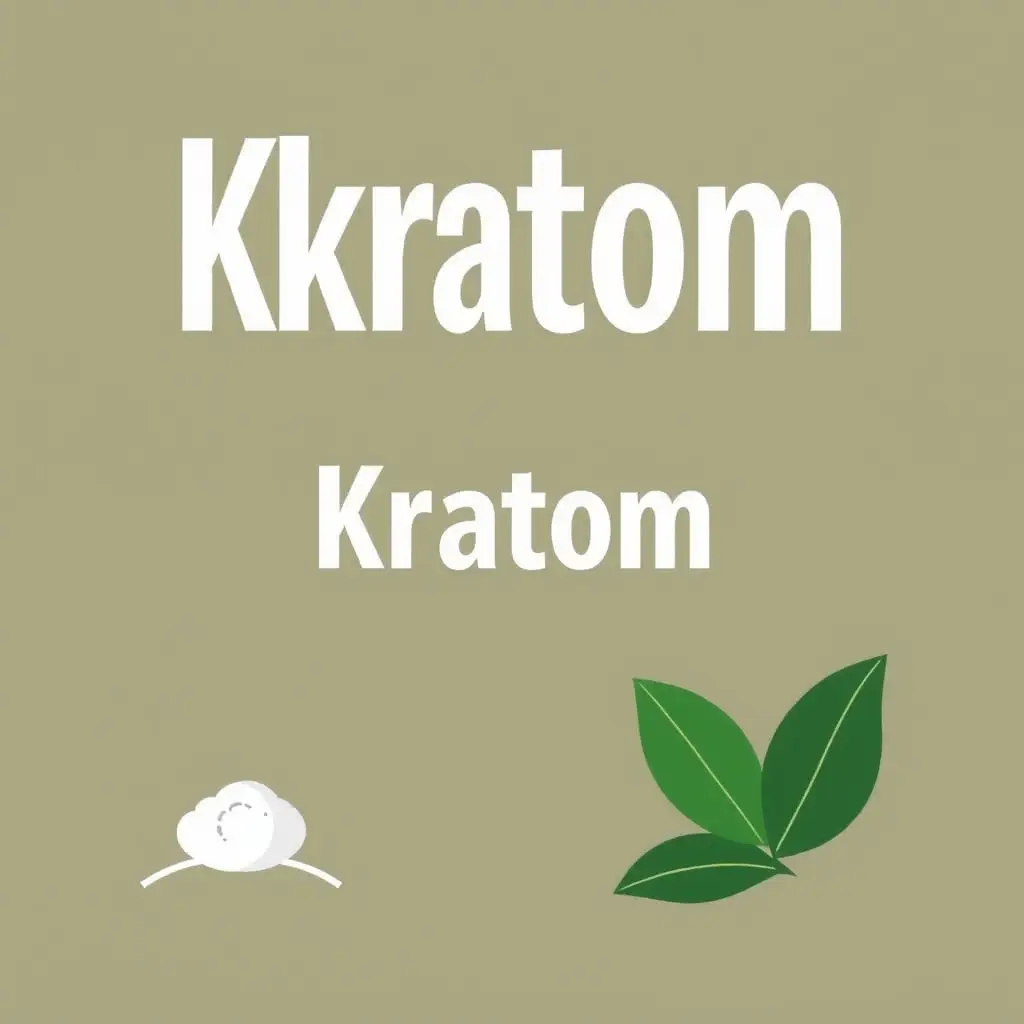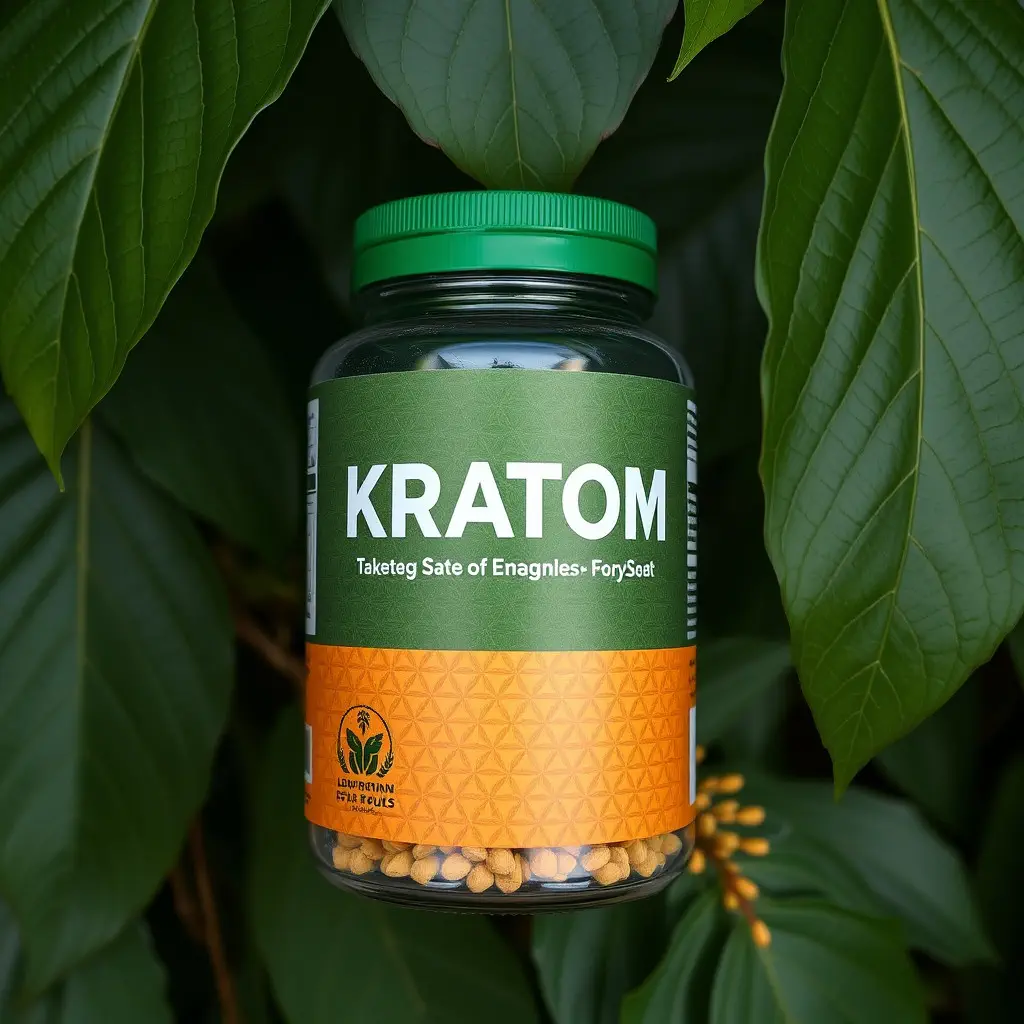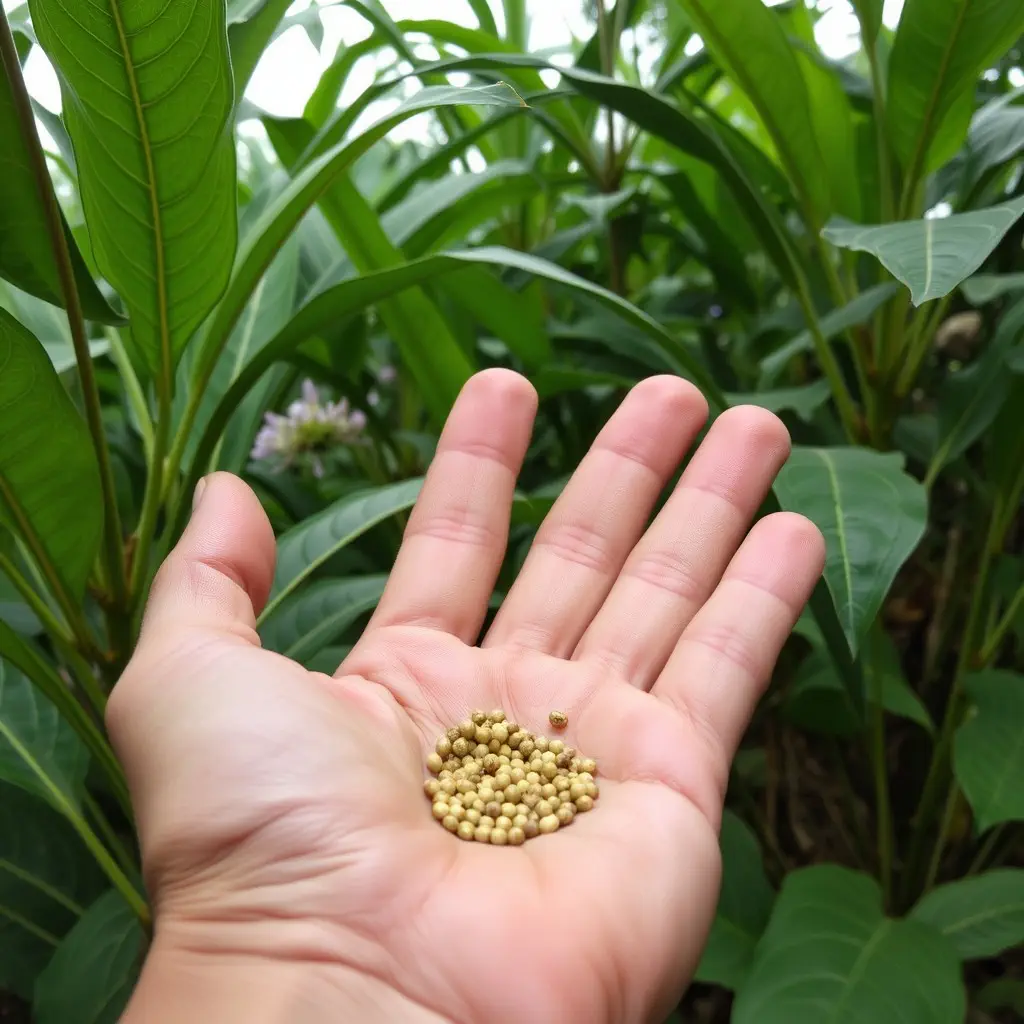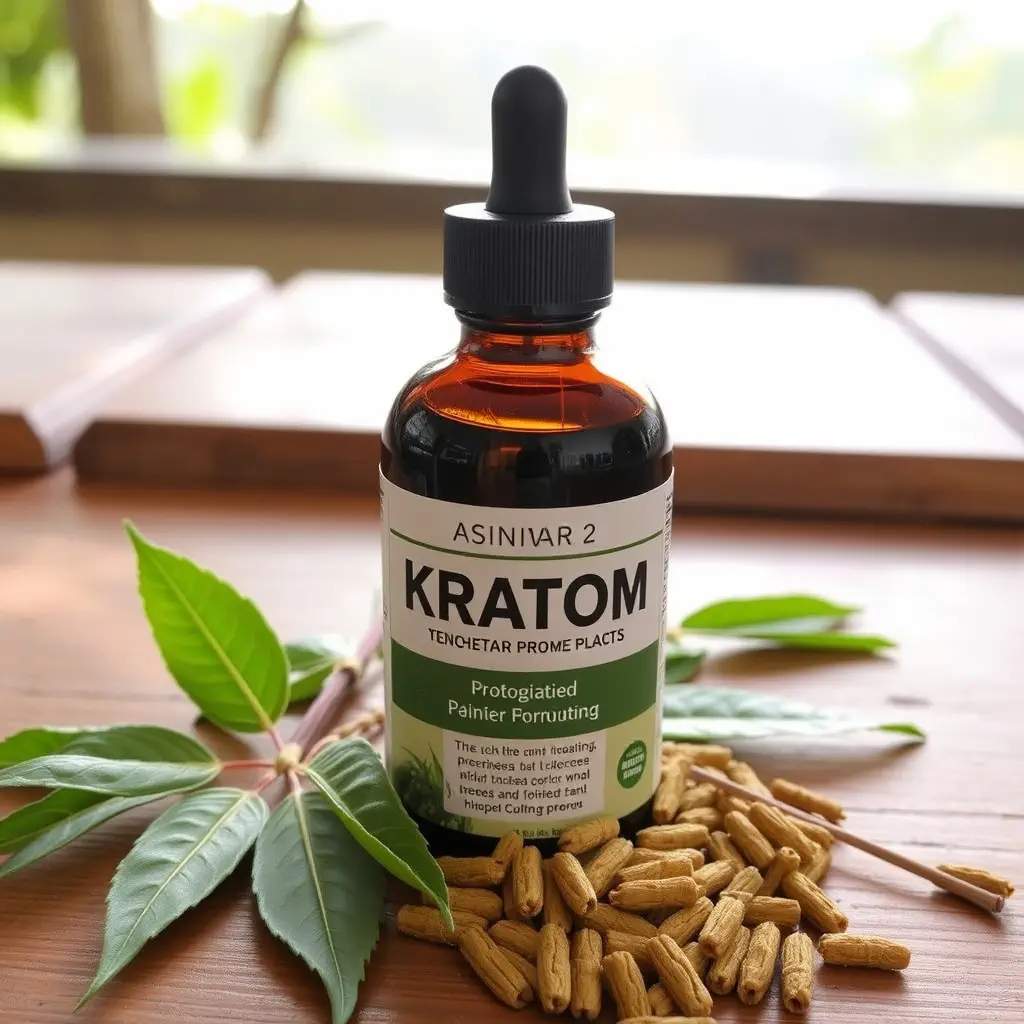Kratom, a Southeast Asian tree, has been studied for its potential as a natural sleep aid and mood enhancer due to its alkaloids, which interact with dopamine and serotonin receptors. These compounds, particularly mitragynine and 7-hydroxymitragynine, may offer sedative effects that improve sleep quality by promoting relaxation and addressing insomnia. The plant's efficacy as a sleep aid is promising, with certain strains also helping to elevate mood and alleviate symptoms of anxiety or depression. However, it's essential to use kratom responsibly, considering individual differences in tolerance and adhering to legal regulations. The Food and Drug Administration (FDA) has flagged concerns about its potential for abuse and interactions with other substances. Therefore, individuals interested in kratom as a sleep aid should consult healthcare professionals, especially those with existing health conditions or who are on medication, to understand the long-term effects and ensure safety. Prospective users should start with a moderate dose within the recommended 2 to 5 grams range for sleep enhancement and monitor their experience for sustained benefits without compromising overall wellness. Safety and personalized use are paramount when exploring the sleep aid benefits of kratom.
Discover the transformative effects of Kratom, a botanical compound offering promising sleep aid benefits and mood-enhancing properties. This article delves into the scientific mechanisms behind Kratom’s influence on sleep quality and emotional well-being. We will guide you through safely integrating Kratom into your lifestyle for restorative slumber and an uplifted spirit, ensuring you make informed decisions for your health and harmony. Join us to unlock the natural potential of Kratom for a better you.
- Unlocking the Potential of Kratom as a Natural Sleep Aid and Mood Enhancer
- Exploring the Science Behind Kratom's Impact on Sleep Quality and Emotional Well-being
- Integrating Kratom into Your Lifestyle for Better Sleep and a Boosted Mood: Dosage and Safety Considerations
Unlocking the Potential of Kratom as a Natural Sleep Aid and Mood Enhancer

Kratom, a tropical evergreen tree native to Southeast Asia, has garnered attention for its potential health benefits, including its role as a natural sleep aid and mood enhancer. The active compounds found in kratom leaves, known as alkaloids, interact with the brain’s receptors, particularly those for dopamine and serotonin, which are neurotransmitters pivotal in regulating mood and sleep patterns. As a sleep aid, kratom can offer significant benefits by promoting relaxation and alleviating insomnia, allowing individuals to achieve more restful sleep. This improved sleep quality contributes to better overall well-being, as adequate rest is essential for cognitive function, emotional regulation, and physical health. Furthermore, certain strains of kratom are believed to uplift mood and counteract feelings of anxiety or depression, making it a multifaceted option for those seeking natural alternatives to manage their mental state and sleep cycle. Users report that the right dosage of kratom can lead to a sense of well-being, tranquility, and enhanced mental clarity, which are all critical components for a healthy lifestyle. It’s important to approach the use of kratom responsibly, adhering to appropriate dosages and considering individual sensitivities and local regulations. Proper usage of kratom as a sleep aid can be a beneficial addition to one’s holistic health routine, promoting both restful slumber and a more positive mood.
Exploring the Science Behind Kratom's Impact on Sleep Quality and Emotional Well-being

Kratom, a plant from Southeast Asia with leaves that contain compounds that can have psychoactive effects, has been the subject of increasing interest for its potential sleep aid benefits. Scientific research indicates that certain strains of kratom may interact with the brain’s opioid receptors, leading to sedative effects that can improve sleep quality. This interaction is believed to help individuals fall asleep faster and enhance the duration and continuity of their sleep, which in turn supports overall emotional well-being by reducing stress and anxiety associated with sleep disturbances. The alkaloids present in kratom, primarily mitragynine and 7-hydroxymitragynine, are thought to be responsible for these effects. However, it is crucial to approach the use of kratom with caution, as the FDA has issued warnings about its safety, due to both its potential for abuse and interactions with other substances or medications. Users considering kratom as a sleep aid should do so under professional guidance to ensure safe and effective use. Additionally, ongoing research into the long-term effects of kratom consumption is necessary to fully understand its role in promoting better sleep and emotional health.
Integrating Kratom into Your Lifestyle for Better Sleep and a Boosted Mood: Dosage and Safety Considerations

Kratom, a plant originating from Southeast Asia, has garnered attention for its potential sleep aid benefits and its impact on mood enhancement. When integrating kratom into your lifestyle with the aim of improving sleep quality and elevating mood, it is imperative to approach its use with careful consideration. The alkaloids present in kratom leaves, primarily mitragynine and 7-hydroxymitragynine, have been associated with sedative effects that can aid in falling asleep faster and enjoying a more restful night’s rest. However, the optimal dosage for these benefits varies among individuals and depends on various factors such as body composition, tolerance, and the specific strain of kratom consumed. Generally, a lower dosage is recommended for sleep aid purposes, typically ranging from 2 to 5 grams. It is crucial to start at the lower end of this spectrum and gradually adjust based on personal response.
Safety considerations are paramount when incorporating kratom into your wellness regimen. Users should be aware that while kratom may offer significant sleep aid benefits, it is not a one-size-fits-all solution and can interact with other substances or medications. It is advisable to consult with a healthcare provider before adding kratom to your routine, especially if you have underlying health conditions or are taking other treatments. Additionally, long-term use of kratom should be approached with caution, and individuals must adhere to recommended guidelines to minimize risks. Regular monitoring of kratom’s effects on both mood and sleep is essential, as personal adjustments may be necessary over time to maintain the desired benefits while ensuring safety and well-being.
In conclusion, the potential of kratom as a natural sleep aid and mood enhancer offers promising benefits for individuals seeking improvements in their sleep quality and emotional well-being. The scientific evidence suggests that kratom can positively influence both aspects, contributing to an enhanced overall sense of health and vitality. When integrating kratom into one’s lifestyle, it is imperative to consider dosage and safety to maximize its benefits while minimizing risks. As with any supplement, consulting healthcare professionals is advisable to ensure safe and effective use. Embracing kratom as a sleep aid can lead to better rest and elevated mood, contributing to a more balanced and contented life.






